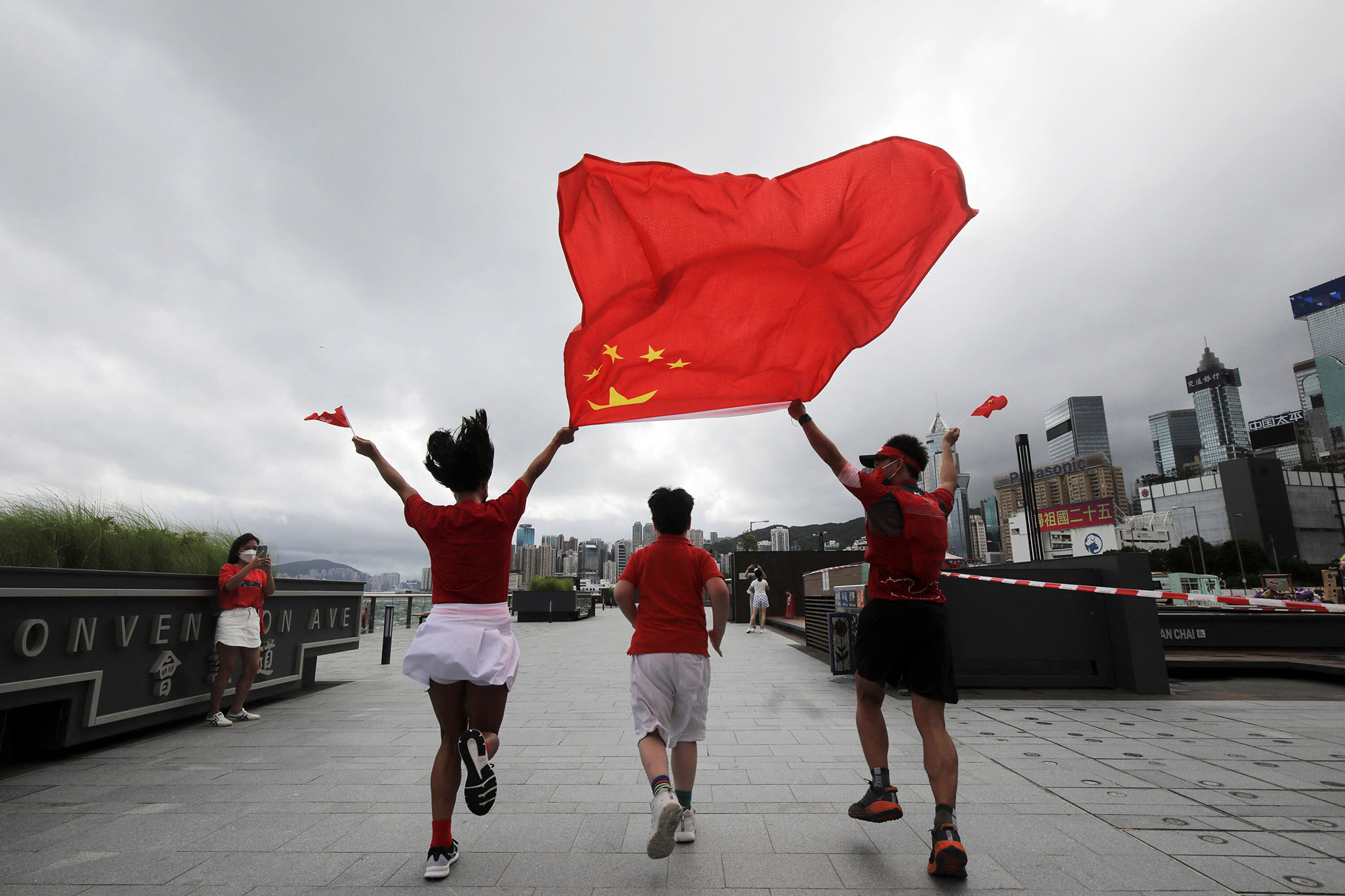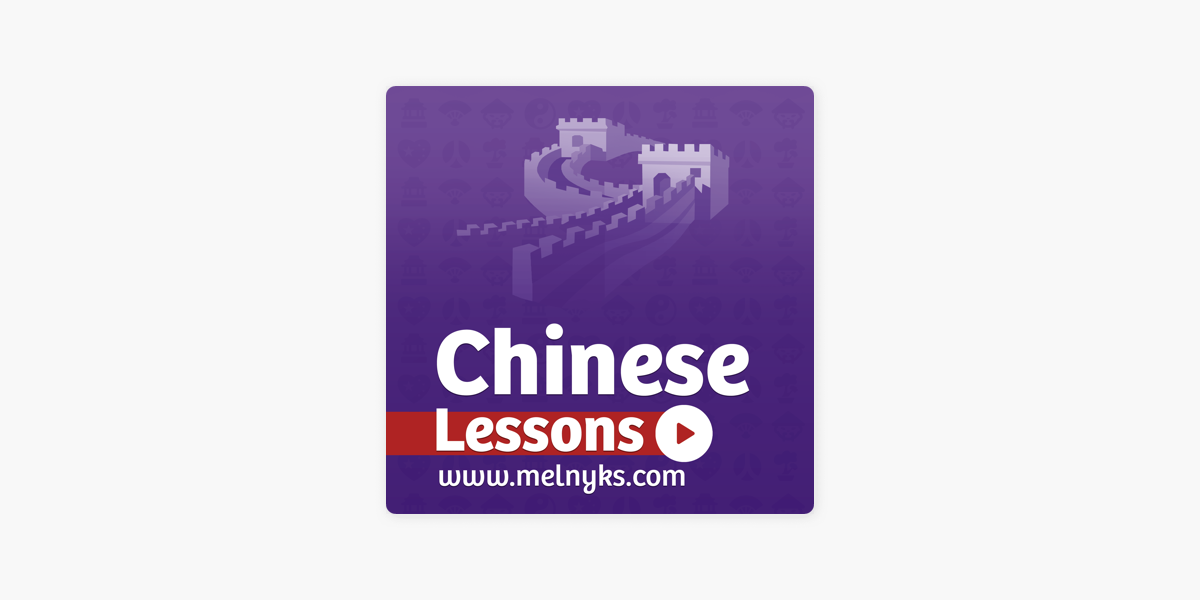It’s Communism Week at CRP. All this week, we’re learning Chinese through the lens of historical and modern CCP propaganda, speeches, stories, essays and songs.
Quick reminder: I am posting this because it is historically, linguistically, and academically interesting, not because I am promoting any political viewpoint. This website is a language learning resource. It is not a political platform. I like history, I don’t like arguing. If you post your political opinion in the comments section – positive, negative, or neutral – I will delete it. Dinner tables rules, please.
Socialist reformer Deng Xiaoping is regarded as one of the main architects of modern China. He was credited as the man responsible for opening up China’s economy after the death of Mao Zedong in 1976. He was also given the unenviable task of figuring out how to approach the transfer of sovereignty over Hong Kong from the U.K. to China in 1997.
In June, 1984, thirteen years before the Hong Kong handover, he gave this speech, addressing critics of the “One Country, Two Systems” (一个国家,两种制度)policy, which determined China’s approach to the handover. The policy maintained that different political systems would concurrently be implemented under one government. In other words, that mainland China would remain socialist, and that Hong Kong would remain capitalist (until 2047, anyway), but both would be ultimately overseen by the CCP. It was a radical notion at the time, and it still is in many ways. His words here are a fascinating look into the past.
What’s most interesting about this piece to me is that in it, Deng is addressing critics of this policy on both sides of the line. One side of this criticism we are familiar with, and still often hear today: that “One Country, Two Systems” was simply trickery and that China intends to slowly erode Hong Kong’s Democratic freedoms over time. If you read between the lines, however, you also get a sense of the criticisms that came from within China a the time: the idea that allowing Hong Kong to remain capitalist was a threat to mainland socialism, that One Country, Two Systems was too lenient, and that Hong Kongers were ill-equipped to manage their own government. Deng was stuck in the middle of these arguments, and this is his response to both. This speech is all the more interesting now because we are seeing how his policy is playing out 35 years later.
Some language stuff
Some language stuff
Grammatically, there isn’t much here that’s difficult for advanced readers, no colloquialisms, no literary sentence structures. But there is obviously quite a bit of high-level vocab, specifically a couple of words :
特区政府 tè qū zhèng fǔ – Special administrative regional government. An area of the country that has different rules of governance than other areas of the Chinese mainland.
全国人民代表大会 quán guó rén mín dài biǎo dà huì – The National People’s Congress (NPC), China’s national legislature.
国务院 guó wù yuàn – The State Council, one of China’s highest government bodies.
政府工作报告 zhèng fù gōng zuò bào gào – The government work report, a document published each year which outlines China’s priorities for the following 12 months. The 2020 work report was just released last week.
中英谈判 zhōng yīng tán pàn – Sino-British negotiations
Source here
中国政府为解决香港问题所采取的立场、方针、政策是坚定不移的。我们多次讲过,我国政府在一九九七年恢复行使对香港的主权后,香港现行的社会、经济制度不变,法律基本不变,生活方式不变,香港自由港的地位和国际贸易、金融中心的地位也不变,香港可以继续同其他国家和地区保持和发展经济关系。我们还多次讲过,北京除了派军队以外,不向香港特区政府派出干部,这也是不会改变的。我们派军队是为了维护国家的安全,而不是去干预香港的内部事务。我们对香港的政策五十年不变,我们说这个话是算数的。
我们的政策是实行“一个国家,两种制度”,具体说,就是在中华人民共和国内,十亿人口的大陆实行社会主义制度,香港、台湾实行资本主义制度。近几年来,中国一直在克服“左”的错误,坚持从实际出发,实事求是,来制定各方面工作的政策。经过五年半,现在已经见效了。正是在这种情况下,我们才提出用“一个国家,两种制度”的办法来解决香港和台湾问题。
“一个国家,两种制度”,我们已经讲了很多次了,全国人民代表大会已经通过了这个政策。有人担心这个政策会不会变,我说不会变。核心的问题,决定的因素,是这个政策对不对。如果不对,就可能变。如果是对的,就变不了。进一步说,中国现在实行对外开放、对内搞活经济的政策,有谁改得了?如果改了,中国百分之八十的人的生活就要下降,我们就会丧失人心。我们的路走对了,人民赞成,就变不了。
我们对香港的政策长期不变,影响不了大陆的社会主义。中国的主体必须是社会主义,但允许国内某些区域实行资本主义制度,比如香港、台湾。大陆开放一些城市,允许一些外资进入,这是作为社会主义经济的补充,有利于社会主义社会生产力的发展。比如外资到上海去,当然不是整个上海都实行资本主义制度。深圳也不是,还是实行社会主义制度。中国的主体是社会主义。
“一个国家,两种制度”的构想是我们根据中国自己的情况提出来的,而现在已经成为国际上注意的问题了。中国有香港、台湾问题,解决这个问题的出路何在呢?是社会主义吞掉台湾,还是台湾宣扬的“三民主义”吞掉大陆?谁也不好吞掉谁。如果不能和平解决,只有用武力解决,这对各方都是不利的。实现国家统一是民族的愿望,一百年不统一,一千年也要统一的。怎么解决这个问题,我看只有实行“一个国家,两种制度”。
世界上一系列争端都面临着用和平方式来解决还是用非和平方式来解决的问题。总得找出个办法来,新问题就得用新办法来解决。香港问题的成功解决,这个事例可能为国际上许多问题的解决提供一些有益的线索。从世界历史来看,有哪个政府制定过我们这么开明的政策?从资本主义历史看,从西方国家看,有哪一个国家这么做过?我们采取“一个国家,两种制度”的办法解决香港问题,不是一时的感情冲动,也不是玩弄手法,完全是从实际出发的,是充分照顾到香港的历史和现实情况的。
要相信香港的中国人能治理好香港。不相信中国人有能力管好香港,这是老殖民主义遗留下来的思想状态。鸦片战争以来的一个多世纪里,外国人看不起中国人,侮辱中国人。中华人民共和国建立后,改变了中国的形象。中国今天的形象,不是晚清政府、不是北洋军阀、也不是蒋氏父子创造出来的。是中华人民共和国改变了中国的形象。凡是中华儿女,不管穿什么服装,不管是什么立场,起码都有中华民族的自豪感。香港人也是有这种民族自豪感的。香港人是能治理好香港的,要有这个自信心。香港过去的繁荣,主要是以中国人为主体的香港人干出来的。中国人的智力不比外国人差,中国人不是低能的,不要总以为只有外国人才干得好。要相信我们中国人自己是能干得好的。所谓香港人没有信心,这不是香港人的真正意见。
目前中英谈判的内容还没有公布,很多香港人对中央政府的政策不了解,他们一旦真正了解了,是会完全有信心的。我们对解决香港问题所采取的政策,是国务院总理在第六届全国人民代表大会第二次会议的政府工作报告中宣布的,是经大会通过的,是很严肃的事。如果现在还有人谈信心问题,对中华人民共和国、对中国政府没有信任感,那末,其他一切都谈不上了。我们相信香港人能治理好香港,不能继续让外国人统治,否则香港人也是决不会答应的。
港人治港有个界线和标准,就是必须由以爱国者为主体的港人来治理香港。未来香港特区政府的主要成分是爱国者,当然也要容纳别的人,还可以聘请外国人当顾问。什么叫爱国者?爱国者的标准是,尊重自己民族,诚心诚意拥护祖国恢复行使对香港的主权,不损害香港的繁荣和稳定。只要具备这些条件,不管他们相信资本主义,还是相信封建主义,甚至相信奴隶主义,都是爱国者。我们不要求他们都赞成中国的社会主义制度,只要求他们爱祖国,爱香港。
到一九九七年还有十三年,从现在起要逐步解决好过渡时期问题。在过渡时期中,一是不要出现大的波动、大的曲折,保持香港繁荣和稳定;二是要创造条件,使香港人能顺利地接管政府。香港各界人士要为此作出努力。




